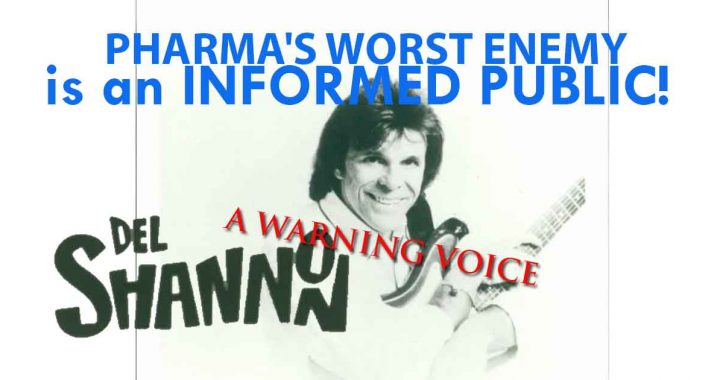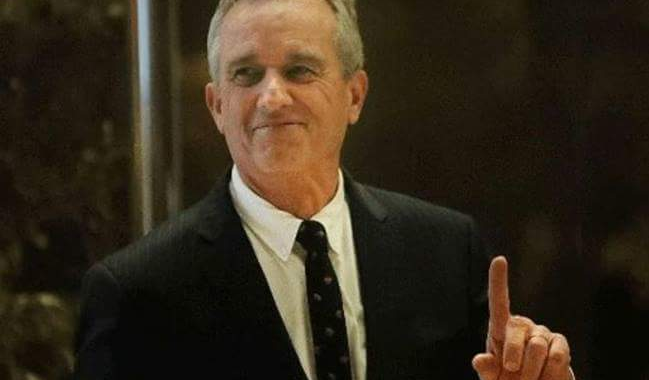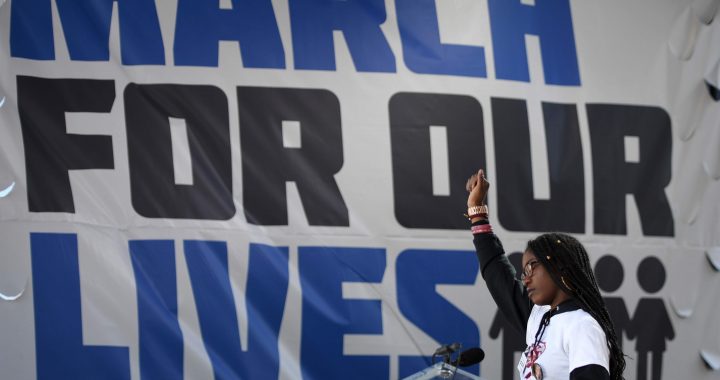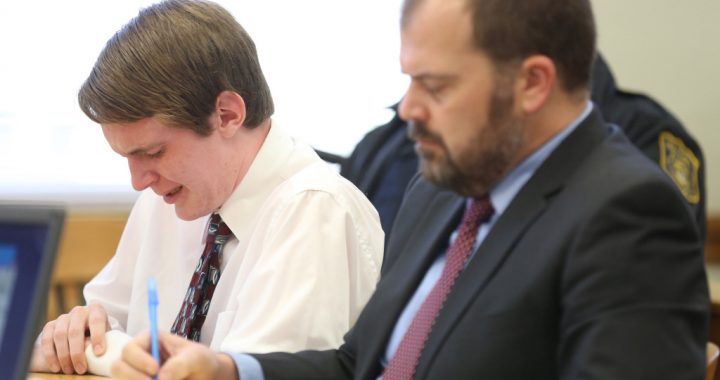Did a drug lead to killing?
KATE
HOLMQUIST
Shane Clancy’s mother and stepfather alleged on ‘The Late Late Show’ that
antidepressants caused him to stab three people, and then himself. However, no
medical research has ever linked these drugs to homicide
ON AUGUST 16th, 22-year-old Sebastian Creane from Bray, Co Wicklow, was
fatally stabbed by Shane Clancy, who also injured Sebastian’s brother Dylan and
Jennifer Hannigan, Clancy’s ex-girlfriend. On October 2nd, Shane Clancy’s mother
and stepfather, also from Bray, appeared on The Late Late Show to
argue that in their view Shane’s behaviour was so uncharacteristic that it could
only be explained by the fact that he had been taking antidepressants.
“The conversation gave the impression that antidepressants increase the risk
for homicide. There is absolutely no link between taking antidepressants and
homicidal behaviour,” says Dr Jogin Thakore, clinical director of psychiatry in
the HSE’s Dublin North Central district.
Dr Justin Brophy, a consultant psychiatrist in Co Wicklow agrees, adding: “I
would be extremely concerned that following The Late Late Show ,
people who have been prescribed antidepressants would stop taking them, and that
people who need to take them in order to function in their lives will feel
stigmatised, and may even hide the fact that they are taking them. The stakes
are very high here because people’s lives and people’s health will be seriously
compromised and endangered by misleading and imbalanced advice.”
After hundreds of scientific studies and independent evaluation by the US
Food and Drug Administration (FDA), the EU and the Irish Medicines Board (IMB),
antidepressants have probably come under more scrutiny than most drugs on the
market. The worst you can say of them is that in the under-25 age group they are
linked to increased “suicidal ideation” – as in thoughts of suicide – but they
have not yet been shown to cause suicides.
Yet there are many people who refuse to accept the evidence. Just type
“antidepressants violence” into your web browser, and you will find hundreds of
sites with anecdotal claims that troubled adolescents (keep in mind that the
mind is adolescent until the age of 25 or even 30) became violent after taking
antidepressants.
The College of Psychiatrists in Ireland refused an invitation to participate
in the The Late Late Show on October 2nd.
“Making antidepressants the focus of this tragic situation was a serious
hijacking of two families’ grief and of the facts, while the facts of the case
have yet to be established. We thought it was unethical to parade the issue of
antidepressants in front of a bereaved family who had been hijacked for the sake
of the argument. We also had misgivings that another brave family was not
represented,” says Dr Brophy.
Dr Brophy believes the “sensationalistic” misinformation peddled by media and
special interest groups about antidepressants amounts to “scientific bullying”.
He says, “A small group of people with a particular agenda aim to completely
decimate the facts, manipulating methodologies for their own ends. The legal
industry is also heavily invested. Those interests are not declared and
expressed in websites and sensationalist media reports. It represents a form of
scientific bullying.”
Dr Michael Corry stated on The Late Late Show that he had seen
Shane Clancy’s parents twice as their psychiatrist and was in the green room
with them beforehand, he then said of antidepressants that: “The side effects
which are recognised can tip somebody into suicidal behaviour and homicidal
behaviour. This is well documented.” Two other doctors, both GPs, were also in
the studio audience and did not say on air that there is no scientific proof of
Dr Corry’s view.
When asked whether the item was intended by Clancy’s parents to be a warning
on antidepressants, based on their own beliefs, RTÉ responded that: “As a
policy, RTÉ Television doesn’t discuss the motivations of guests in
participating in any of our shows – that is for them to elucidate. These
discussions are private to the parties involved. However, we can clarify that Ms
Fennell’s concerns about the possible effects antidepressant drugs had on her
son had already been publicly aired – in a letter to the Gerry Ryan
Show (Wednesday 16 September).
“We felt that the Clancy’s beliefs and comments would lead to a wider
discussion on the approaches to treating depression in Ireland. The item
included mental health experts in the audience who could contribute expert
opinion on antidepressants in particular and mental health care provision in
general. Two expert opinions were offered which differed from Leonie Fennell and
Tony Donnelly’s position and one supported their thesis. Advice was offered to
any viewers currently on antidepressant medication to seek medical advice before
changing any aspect of their treatment. The Aware helpline number was also put
up on screen at the conclusion of the item during The Late Late
Show on Friday night, for any viewers affected by the discussion.”
IN IRELAND , a reliable source of information is the
IMB, which has the role of evaluating every drug that companies seek to put on
the market here. Evidence presented by the pharmaceutical industry is only one
of the research sources reviewed by the board. Epidemiological studies and
“surveillance” – alerts from doctors prescribing the drug – are also taken into
account. The IMB doesn’t approve anything that the EU and the FDA haven’t
thoroughly investigated first, and it then reviews these investigations with an
objective eye.
In 2006, the IMB reviewed all the current evidence and wrote a warning that
comes on a leaflet inside antidepressant prescription boxes. It states: “If you
are depressed and/or have anxiety disorders you can sometimes have thoughts of
harming or killing yourself. These may be increased when first starting
antidepressants, since these medicines all take time to work, usually about two
weeks but sometimes longer.” It adds that “if you are a young adult, information
from clinical trials has shown an increased risk of suicidal behaviour in adults
aged less than 25 years with psychiatric conditions who are treated with an
antidepressant.”
The warning refers to suicidal behavour, not actual suicides. In August, the
British Medical Journal published a study showing that the risk of
suicide in under-25s on antidepressants was about one in 12,000 – but there was
absolutely no risk of homicidal behaviour. It hasn’t turned up in a single
study.
Some people believe doctors and the pharmaceutical companies work
hand-in-glove to suppress the evidence. Says Dr Brophy: “If there was any
implication of concealment of the truth, the IMB would know it. The facts are
very open and accessible. No one is trying to conceal anything. . . . To imply
[we] are beholden to the pharmaceutical industry is a misrepresentation. We
don’t prescribe based on any information from the pharmaceutical industry – we
get it from the IMB.”
AN ESTIMATED 400,000 people in Ireland suffer with
depression. The WHO has estimated that by 2030, depression will overtake heart
disease as the illness causing the most distress both in terms of individual
suffering and human productivity. Stigmatising depression, by linking its
pharmacological treatment to violent behaviour, can only prevent people from
seeking help, Dr Thakore warns.
How many Irish people take antidepressants? It’s a difficult figure to come
by. More than 1.1 million prescriptions annually for new-generation
antidepressants are paid for by the general medical scheme (GMS), and another
100,000 under the direct payment (DP) scheme.
Dr Harry Barry, a GP and cognitive behavioural therapist, who was in The
Late Late Show audience that night, says prescription drugs are an
important part, but not all, of the solution for depression. Teenagers,
especially, need someone to listen to them with empathy so that they can tell
the truth about how they feel. Many young people with depression, he says, are
fearful of their parents and friends knowing that they are not the wonderful,
sociable person they think they are; this fear of letting people down can lead
to suicide.
Lifestyle changes are also important – avoiding alcohol and illegal drugs,
improving diet and exercising. The focus should not be on antidepressants, but
on the services, Dr Barry believes. According to a recent report, only 12 per
cent of adolescents with mental health problems have access to a specialist
service.
This article appears in the print edition of the
Irish Times






